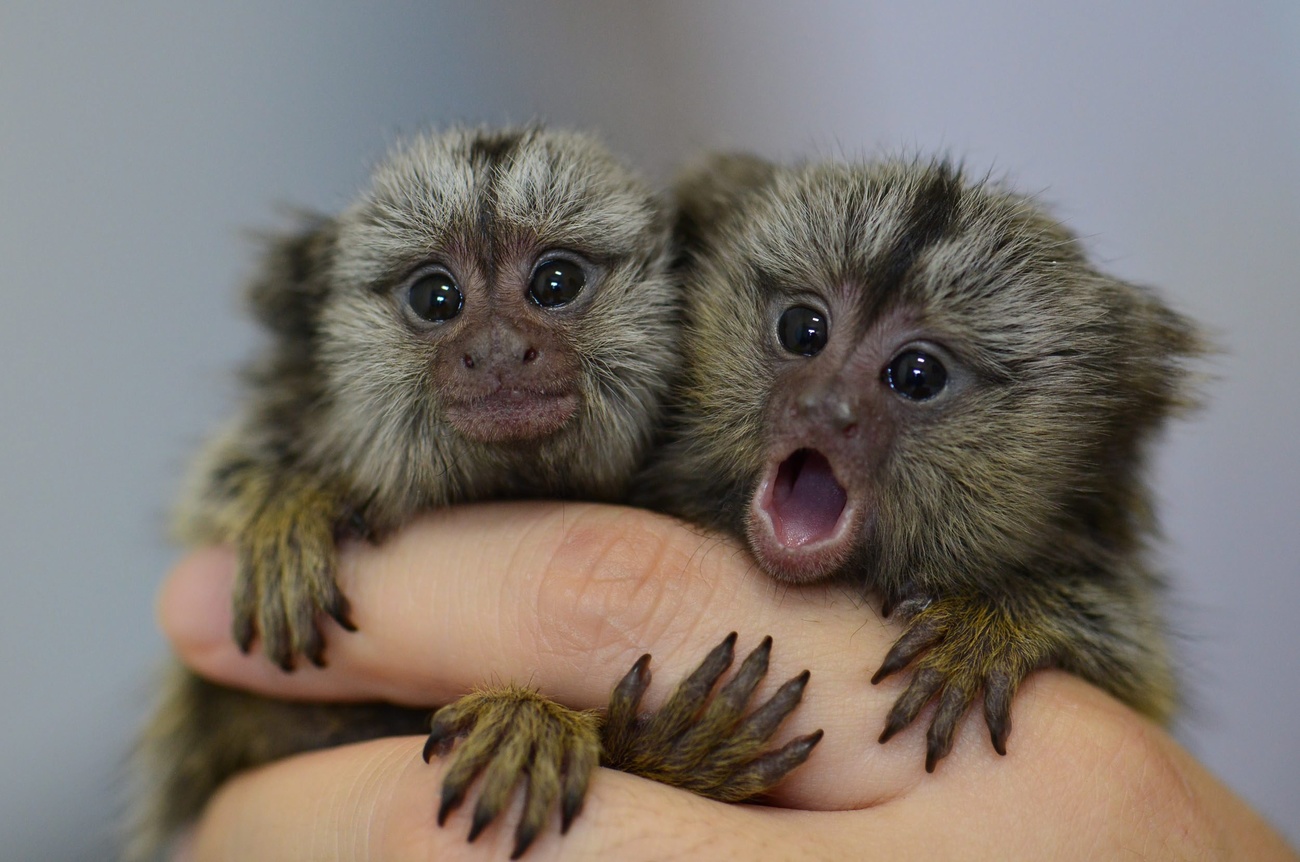
Marmosets analyse ‘chats’ to find useful partners

Marmosets perceive interactions with fellow marmosets as contextualised conversations, according to Zurich researchers writing in the journal Science Advances. The small monkeys also draw conclusions from this, for example when choosing cooperative partners.
The team led by Rahel Brügger at the Institute of Anthropology at the University of Zurich conducted various experiments, studying the reactions of marmosets to various recorded sounds and cries. Their level of emotion was measured by facial thermography using infrared cameras.
The scientists found that marmosets are able to interpret the dialogues of their fellow marmosets. They use this information to distinguish between those who are cooperative and those who are not; uncooperative colleagues are ignored as a punishment, the university said on Wednesday.
Previous studies have shown that white-tailed marmosets recognise grammatical errors in other marmosets. They also adapt their dialect when they move to a new territory.
Marmosets, New World monkeys native to South America, engage in a high degree of joint rearing regarding their offspring as well as a certain willingness to share both food and information.

More
Research: building blocks of language have existed for 40 million years

In compliance with the JTI standards
More: SWI swissinfo.ch certified by the Journalism Trust Initiative






























You can find an overview of ongoing debates with our journalists here . Please join us!
If you want to start a conversation about a topic raised in this article or want to report factual errors, email us at english@swissinfo.ch.